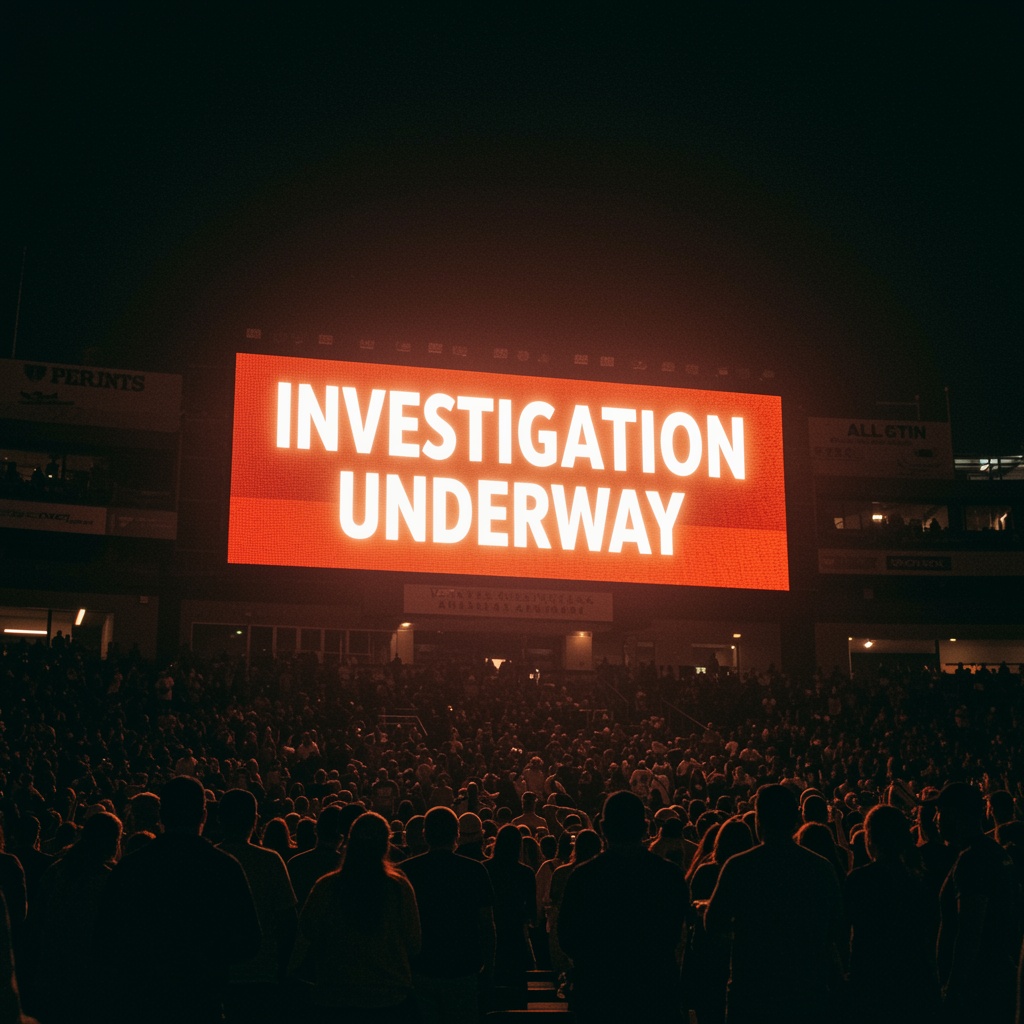Labor/Employment
Jul. 22, 2025
Coldplay, hot mess: Investigations after a scandal
When C-suite scandals erupt under the glare of public scrutiny, investigators must navigate shaken employee trust, heightened sensitivity, and tangled power dynamics with transparency, empathy, and strategic communication to ensure a credible and effective investigation.





Recent news headlines increasingly report scandals involving high-level executives. A Coldplay concert and a high definition jumbotron are all it takes now to conjure the image: corporate romance, executive missteps and an HR horror story playing out in real time under stadium lights. But once the viral buzz fades and the memes go quiet, the company is left to sort through the real-life wreckage, especially when considering the chief people officer is embroiled in the scandal. What happens when the people who are supposed to uphold the rules are the ones breaking them? What should an investigator consider when the chain of command is tangled up in the wreckage of a now very public love affair?
When such indiscretions by C-suite employees become public, employee trust in the organization's commitment to policy enforcement can be undermined. Employees often scrutinize the effectiveness and impartiality of their organization's accountability processes and may express apprehension regarding leadership. Consequently, organizations may need to make additional efforts to rebuild trust throughout their workforce, in part to ensure cooperation and honesty in investigations, which serve as a primary mechanism for determining whether policy violations have occurred.
Prior to commencing an investigation following a scandal, organizations should carefully evaluate the potential impact on employee trust. It is advisable to consult with employment counsel and relevant stakeholders (excluding those directly involved) to decide what information should be communicated to employees regarding how the issue is being addressed. Prompt and transparent communication typically helps reassure employees that the situation is receiving appropriate attention.
Once an investigation begins, investigators should anticipate dealing with the "elephant in the room" when interviewing employees since they may have more questions and concerns than usual. Employee witnesses commonly express concerns regarding whether their identities will be disclosed, how investigation findings will be shared, the protections available against retaliation, and the measures taken to hold responsible parties accountable. While such inquiries are not unusual for investigators, they should anticipate heightened attention from employees who may be particularly invested in both the investigation's results and their own personal reputations. Furthermore, those employee witnesses who do not have direct involvement may focus more on obtaining information from the investigator rather than contributing relevant information. In light of this, investigators should carefully consider how wide to cast the net of potential witnesses and be cognizant about guiding discussions back to relevant topics, all while maintaining rapport and addressing the concerns of interviewees respectfully.
So how can an investigator prepare themselves for witness interviews? First, it is advisable for the investigator to address any significant concerns directly, as appropriate. For instance, acknowledging employees' feelings of anger or stress and clearly outlining the procedures and protections related to retaliation and confidentiality. The investigator can also give the interviewee a clear point of contact for someone to reach out to if they experience retaliation, such as a representative from human resources, an ombudsman, a board member, or even the investigator themselves.
Second, when employees request confidential information about the investigation or people involved, it is important to explain the limitations concerning what the investigator can and cannot share. Although employees may not always be satisfied with these boundaries, clarifying that privacy measures apply to all parties in an investigation -- regardless of their position -- may lead to greater understanding and less push back. Reminding employees that privacy or confidentiality standards also apply to them during investigations can promote more constructive dialogue.
Finally, employee witnesses may express concerns regarding the organization's commitment to addressing the issue and implementing appropriate responses. This provides an opportunity to educate employees that investigations are essential in determining whether policy violations occurred, but not all organizational actions can be disclosed to all employees.
Overall, striking a balance between allowing interviewees to express their perspectives and meeting the objectives of the interview is essential. This can often be achieved by directly communicating the importance of staying on-topic, explaining that if these matters are not addressed, the investigatory process might be delayed. This explanation is meant to provide the rationale for maintaining focus during the interview.
Ultimately, interview strategies should remain flexible. Some individuals may need additional time at the outset to articulate their thoughts or raise several questions before focusing on the investigator's questions. When feasible, accommodating the interviewee's needs can enhance the effectiveness of the interview process. Other interviewees may value a more focused discussion and the investigator's efforts to stick to the essential topics. Skilled workplace investigators are able to assess the needs of the interviewees and adjust their approach accordingly. In the end, a little bit of transparency, patience, and redirection can go a long way in ensuring a thorough and timely investigation of a very public scandal.
Submit your own column for publication to Diana Bosetti
For reprint rights or to order a copy of your photo:
Email
Jeremy_Ellis@dailyjournal.com
for prices.
Direct dial: 213-229-5424
Send a letter to the editor:
Email: letters@dailyjournal.com



